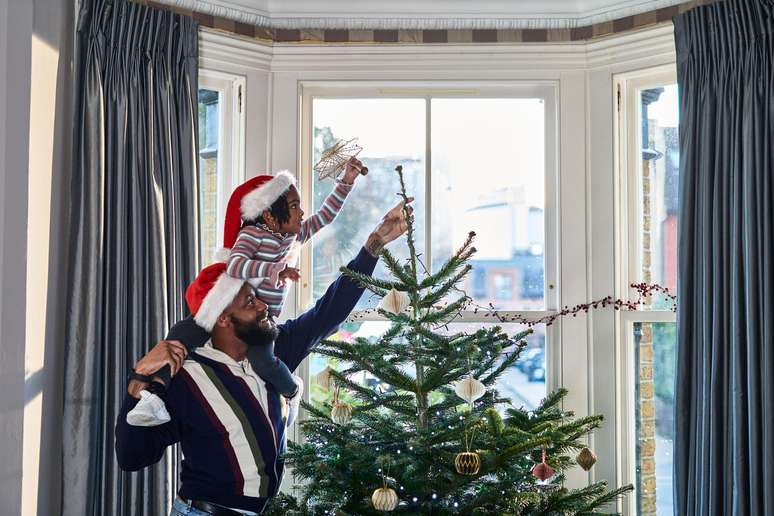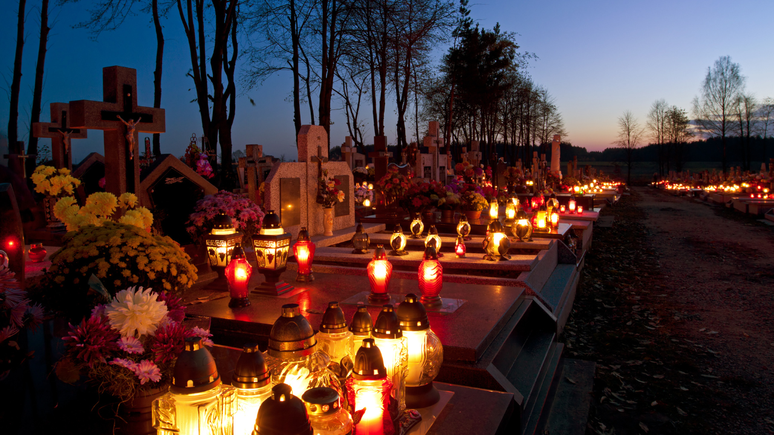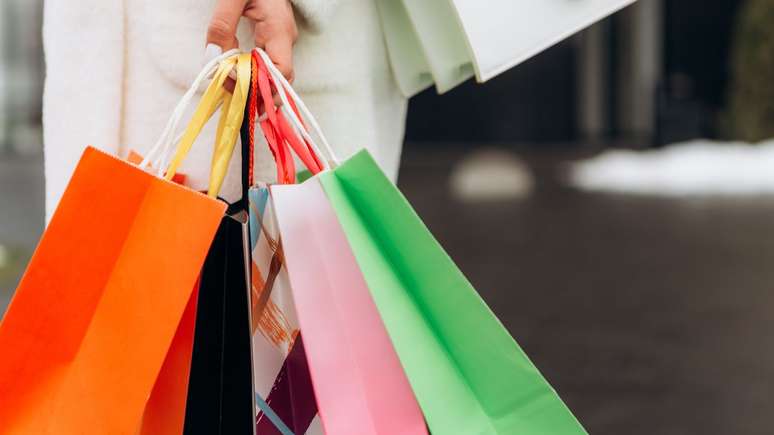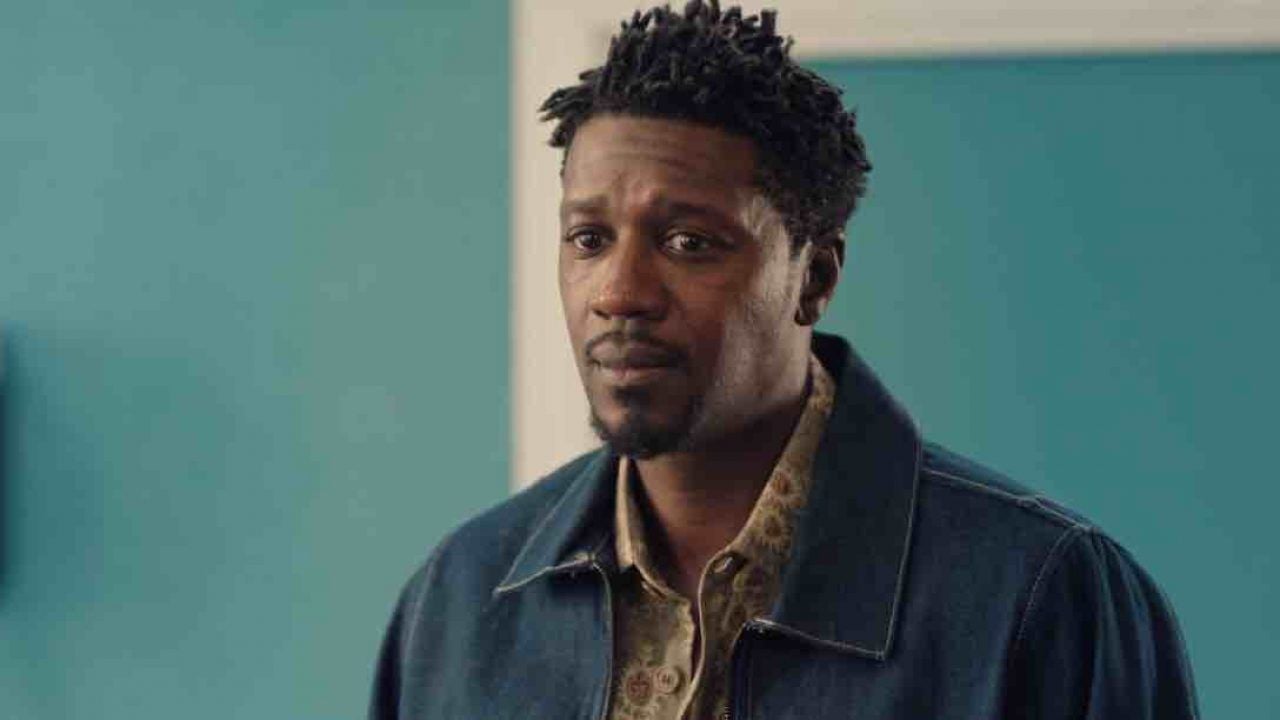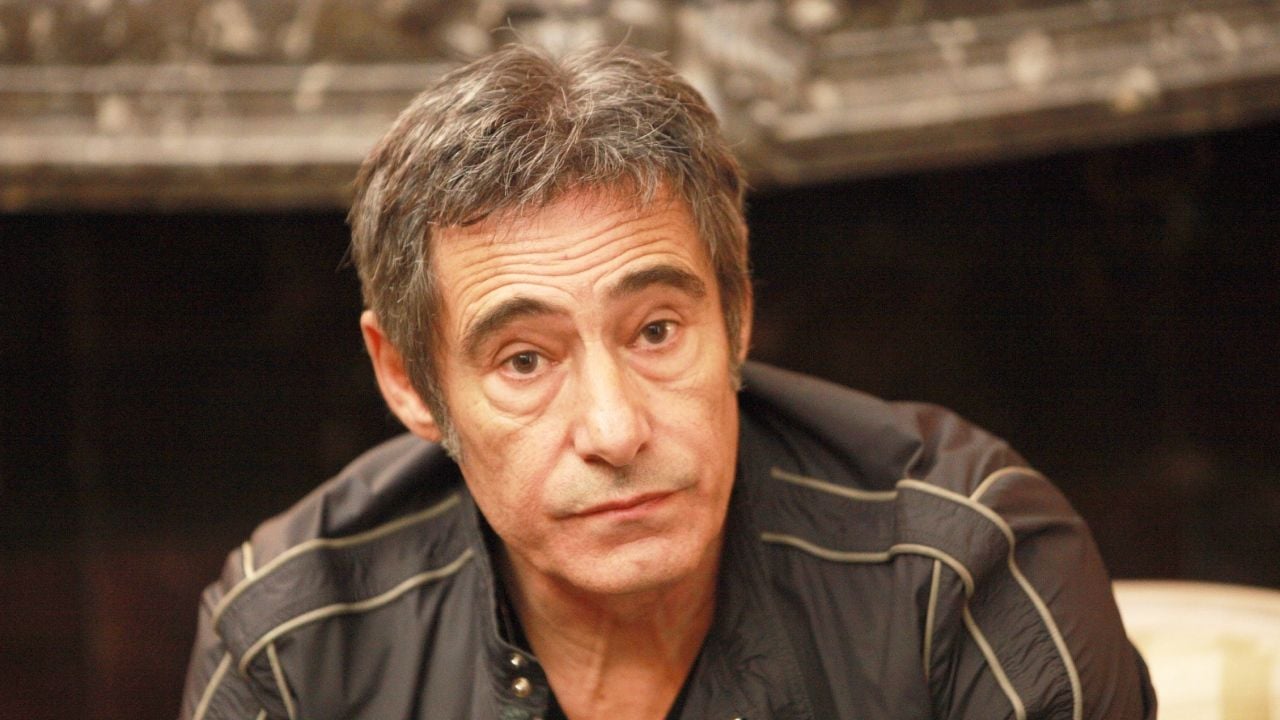Michael Norton has spent decades studying human relationships that survive time – and rituals have a positive effect on this.
Our lives are marked by rituals, like those we practice during the end-of-year holidays.
Michael Norton, a management professor at Harvard Business School, has spent years studying people and the behaviors that shape their thoughts, feelings and relationships.
The effort culminated in his most recent book The ritual effect: from habit to ritual, harness the surprising power of everyday actions (“The ritual effect: from habit to ritual, master the surprising power of everyday actions”, in free translation).
He spoke with journalist David Robson about the differences between rituals and habits, and the power they both have to strengthen our relationships with friends, family, colleagues and romantic partners.
BBC: What inspired you to investigate rituals?
Michael Norton: About 10 years ago I wrote a book with Elizabeth Dunn [da Universidade de British Columbia] about money and happiness. And the idea of that book was to show how the little things you can do with 5 dollars or 5 pounds can make a difference to your happiness. And I started thinking about other things in our daily lives that can impact our happiness. One thing that kept coming up was people’s daily rituals.
BBC: Some people might think they are too rational to have rituals.
Norton: Of course, there are the “ritual skeptics” and I was definitely one of those before I started studying them, because they seem a little sentimental. But we all go through them at some point in our lives. They are so ubiquitous in our lives, from what we do in the morning to graduation and wedding ceremonies. We cannot escape it.
BBC: What is the difference between a ritual and a habit?
Norton: A ritual is a sequence of actions that has meaning for you. Habits are important, but they don’t have the same emotional impact as rituals.
We can ask a person what he does in the morning and he would answer that he drinks coffee and reads the newspaper, but he does not care much about these actions. But someone else might do it at very specific times of the day, and if you ask them to change it, they’ll get angry. This is a ritual.
BBC: You’ve studied thousands of people’s rituals. What stood out?
Norton: When I first started researching rituals, I thought I would study big events, like weddings, funerals, and graduations—these big moments. But the ones that really stood out were the quirky little events that people created for themselves.
As we investigated the loss, one woman said she washed her late husband’s car every weekend, just like he did. And it reveals so much about her husband, and why he does what he does, what mattered to him, and how he takes care of him. You can go to a car wash – it’s not a big deal in itself. But clearly, to her, she was honoring something important.
Another thing I love is a couple who said they banged their cutlery together before eating. To me this is remarkable, because cutlery is boring – we literally use it to put things in our mouths – but they have taken these boring things, which we don’t even care about anymore, and with these little “gifts” they turn them into something that it’s a reflection. They have been doing this for years and will continue to do so for years. The smallest act has great meaning.
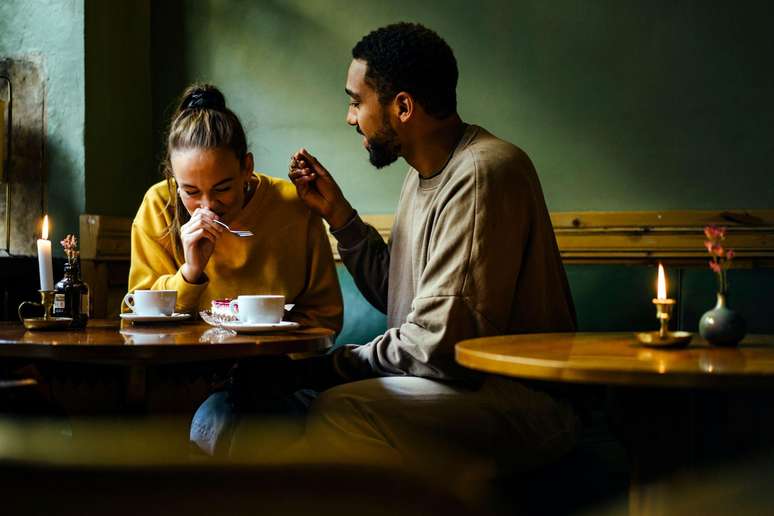
BBC: Why did we develop this behavior? What are the benefits of rituals?
Norton: You can imagine that when you perform a ritual, you feel the same thing every time, but they have different effects in different fields. It seems that we use rituals to produce emotions that we want to feel in certain situations. If we’re in a bar drinking and clinking glasses, we’re using ritual to come together as a group, to amplify that experience. But we wouldn’t do the same thing at a funeral, where we’re looking for peace.
Even in the sporting field, some athletes use rituals to energize themselves, others to calm down. It could be exactly the same thing they’re doing, and they’re doing it with opposite intentions, depending on what they’re looking for at the time.
BBC: What role do family rituals play during the Christmas holidays?
Norton: We have a picture of what the Thanksgiving or Christmas holidays will be like, but if you dive into it, every family does it their own way. It may be that our grandfather liked to eat Christmas cakes and this was incorporated into our ritual.
Having family rituals is an important factor in predicting whether you will reunite with your family again this time of year—it’s a very strong signal of how you feel about them.
I teach college students, and students typically don’t go home for Thanksgiving, so they may end up spending the holiday with friends. When they come back, I ask how it went and almost everyone always says that their friends did everything wrong. It’s because each family defines what the rituals should be.
BBC: What do we know about the importance of rituals in romantic relationships?
Norton: You can ask couples: do you have any rituals? And how happy are you in your relationship? And there is a very strong bond. People who say “there’s a little thing we do” tend to report greater relationship satisfaction.
When a relationship ends, people can relate to others, but they do not have the right to recycle their rituals! If you ask “How angry are you that your ex is getting married?” nobody likes it, but the idea of someone reusing some cute phrase [do relacionamento anterior]this is considered a serious violation of our relationship. You can see how important these little things are in establishing bonds between us.
I also imagine that it wouldn’t be very flattering for the new partner to discover that the couple’s ritual was something that was shared with other people.
I thought exactly this, but since publishing the book I have discovered that there are two groups of people. The larger group is like you and me, who say they would be angry if they found out [rituais] they are recycled. But there is a small group of people who say this, if they found out [os rituais] are recycled, this is a clear sign that the partner has gotten over his ex.
There’s a certain logic to this, I suppose.
If I refuse to go to a restaurant that was important in my previous relationship, maybe it’s because I’m still in love with that person, but if I go there with my new partner, maybe it’s like an exorcism, and that shows that I’m really over it. my ex relationship.
BBC: And our colleagues? How important are workplace rituals?
Norton: When I talk to companies about rituals, the number one item on the bosses’ list is: “can you suggest a ritual to cheer up our employees and increase their productivity?”
And the first thing employees do is turn up their noses.
It’s an important distinction, because when we ask teams [sobre seus rituais]they rarely remember something that was imposed. What they report are the ones that they themselves invented, like lunch rituals, birthday rituals and things like that.
And if you have a ritual with your team, you’ll likely find more meaning in the work you do with that team.
Read the original version of this report (in English) on the website BBCFuture.
Source: Terra
Ben Stock is a lifestyle journalist and author at Gossipify. He writes about topics such as health, wellness, travel, food and home decor. He provides practical advice and inspiration to improve well-being, keeps readers up to date with latest lifestyle news and trends, known for his engaging writing style, in-depth analysis and unique perspectives.

